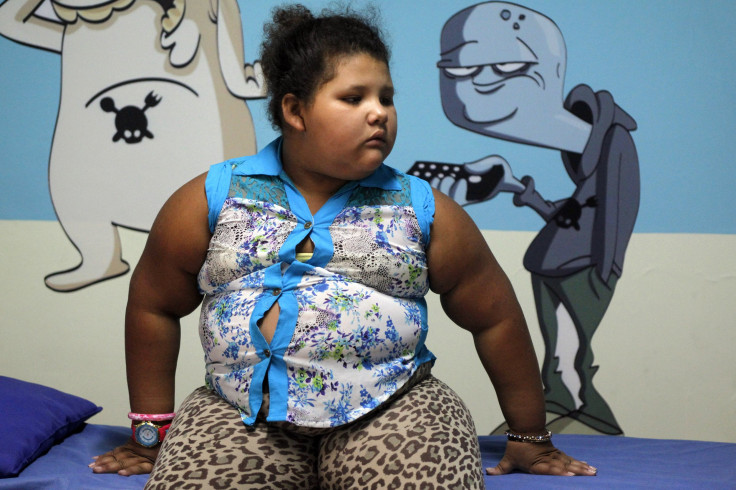Teasing Children About Weight Gain Increases Their Risk For Obesity, Says Study

Obese or overweight children may have tough time in school. They are often bullied and cruelly teased by the people around them. Children who are subject to this type of bullying may face long-term consequences later in their lives, says a study published in a journal called Pediatric Obesity.
The research work was conducted by a group of academics from the Uniformed Services University of Health Sciences in Bethesda, Maryland. According to their findings, increased weight gain in adulthood is linked to childhood bullying for obesity.
The study, titled “Weight‐based teasing is associated with gain in BMI and fatmass among children and adolescents at‐risk for obesity:A longitudinal study," has indicated that children who are subject to cruel teasing for their weight are likely to become obese in adulthood.
The researchers have also revealed that the more bullying they experience during their childhood and adolescent, the higher is their chances of becoming obese later in life.
“There's this school of thought that says [weight-based] teasing might have a motivating effect on youth. This study shows that that's not only not true but that teasing might increase weight gain over time,” study author Natasha Schvey, who is the assistant professor of medical and clinical psychology at the Uniformed Services University, said in a statement.
For the study, the researchers observed around 110 children and adolescents for more than eight years. For some participants, they waited up to 15 years to get the results.
Since most of the participants were either obese or who had obese parents, the researchers asked them if they were teased by someone for their size. Around 21 percent of the kids who were at risk of being obese later in life reported that they were teased for their size. Similarly, 62 percent of the children who were overweight also reported that they had been teased at least once in their life.
While observing the participants, the researchers found that children with obese parents had gained weight later in life. They also found that children who were often teased for their size gained over 90 percent more fat every year and gained 33 percent more body mass compared to those kids who were not teased at all.
However, the lead researcher Schvey said the study is just observational and it does not reveal the cause and effect. “But we can say weight-based teasing was significantly linked with weight gain over time,” she added.
The American Academy of Pediatrics (AAP) reported that the “obesity rate in children and adolescents has tripled” over the last five decades and it has increased to 18 percent now.
Dr. Sandra G. Hassink, Medical Director of AAP Institute for Healthy Childhood Weight (IHCW), said obesity is a chronic disease and it should be managed overtime. “It’s not going to be solved quickly. The primary care docs and the specialists can’t do this alone,” she added.
Dr. Hassink said a focussed effort is needed in order to prevent obesity in children and adolescents. It should begin with the translation of research and knowledge about obesity into action, “which is how you get this done in your practice and what information families and patients need”.
According to Hassink, Pediatricians can play an important role in preventing weight gain in children. They can aid the parents during all the child health visits in early ages.”[It is because] starting off right with good feeding practices, healthy eating, is so important to obesity prevention,” she said.
© Copyright IBTimes 2025. All rights reserved.




















